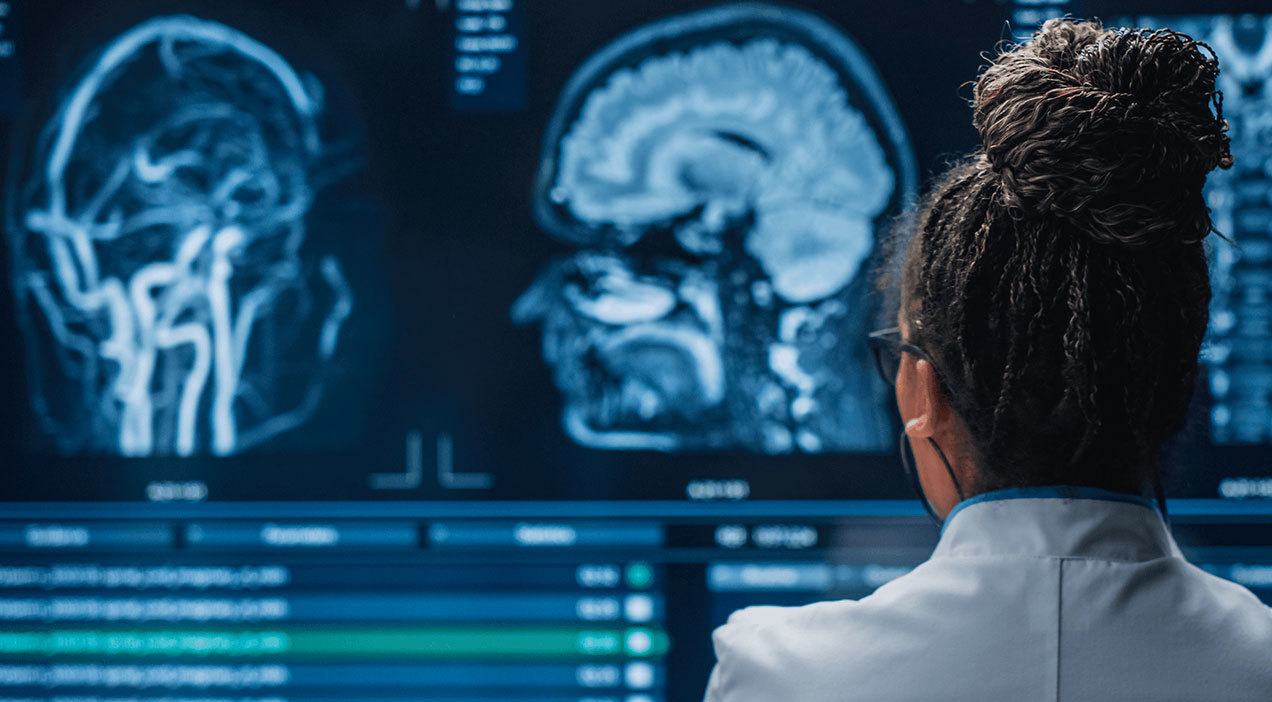The Science Behind Hedonia:
Nourishing Your Brain Naturally

Recent research has uncovered a crucial link between depression and specific nutritional deficiencies. People with depression often have unique nutritional imbalances that:
• Differ from those in the general population
• Cannot be corrected by diet alone
• May impact the effectiveness of antidepressant medications
As a medical food, Hedonia is specifically formulated to address these deficiencies. Unlike ordinary dietary supplements, medical foods:
• Are formulated based on recognized scientific principles
• Address distinct nutritional requirements associated with a specific medical condition or disease. In this case Depression.
The Brain's Nutritional Needs
Hedonia's patented 3-in-1 formula is the result of decades of research in nutritional psychiatry, offering a targeted approach to supporting brain health in people with depression.
Imagine your brain as a complex machine, like a car. Antidepressants act as engine fuel, but for optimal function, the brain also needs specific "maintenance nutrients”.
These nutrients are essential for producing and regulating neurotransmitters - the chemicals that affect mood. Studies have revealed that people with depression often lack key nutrients like folate, omega-3 fatty acids, and other crucial nutrients for healthy brain function. Without these nutrients , the brain's ability to produce and regulate neurotransmitters is impaired.
How Nutritional Deficiencies Affect Treatment
Antidepressants work by influencing neurotransmitters in your brain. However, if the brain lacks the raw materials (nutrients) to produce these neurotransmitters, the medication can't function at its full potential. It's akin to a car running on fuel but missing essential components for smooth operation.

Hedonia's Role in Optimizing Treatment
Hedonia is specifically formulated to address the nutritional deficiencies linked to depression. It provides 3 key nutrients; L-Methylfolate, S-Adenosyl methionine (SAM-e) and Omega-3 fatty acids (EPA) that your brain needs to produce and regulate neurotransmitters. By supplying these 'missing ingredients', Hedonia helps create an environment where your antidepressants can work more effectively.
Remember, Hedonia isn't a replacement for prescribed medication, but a complementary approach designed to address a critical, often overlooked aspect of depression - your brain's nutritional needs.
By targeting these research-identified deficiencies, Hedonia aims to optimize the environment for antidepressant efficacy, leading to better outcomes in the management of depression.
